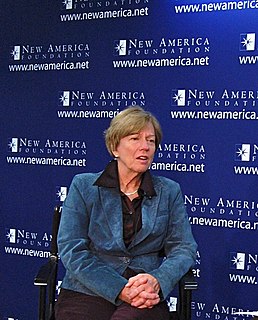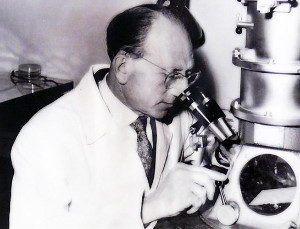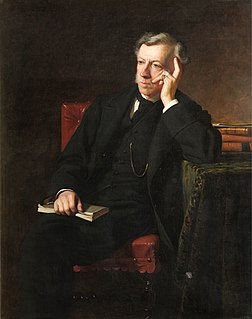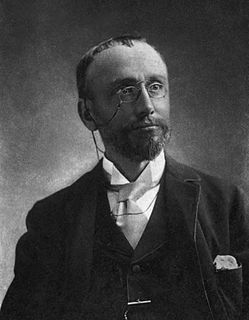A Quote by Nina Fedoroff
In agriculture, people have taken wild plants that can't be eaten by people - and turned them into wonderful food sources. And that's because genomes can change, and people working with plants have picked mutations. Mutations are nothing more than genetic changes.
Related Quotes
There's almost no food that isn't genetically modified. Genetic modification is the basis of all evolution. Things change because our planet is subjected to a lot of radiation, which causes DNA damage, which gets repaired, but results in mutations, which create a ready mixture of plants that people can choose from to improve agriculture.
We add that it would be all too easy to object that mutations have no evolutionary effect because they are eliminated by natural selection. Lethal mutations (the worst kind) are effectively eliminated, but others persist as alleles. ...Mutants are present within every population, from bacteria to man. There can be no doubt about it. But for the evolutionist, the essential lies elsewhere: in the fact that mutations do not coincide with evolution.
It takes a huge effort to free yourself from memory, but when you succeed, you start to realize that you’re capable of far more than you imagined. You live in this vast body called the Universe, which contains all the solutions and all the problems. Visit your soul; don’t visit your past. The Universe goes through many mutations and carries the past with it. We call each of those mutations a ‘life,’ but just as the cells in your body change and yet you remain the same, so time does not pass, it merely changes.
We can look at the way of improving the key biochemical processes like photosynthesis itself. A lot of energy is lost to keep the plant cool. So maybe we can think of building plants which are more resistant to heat. Genetically modified plants can be one answer and we can imagine more efficient plants, call them 'energy plants'. And I believe, contrary to what ecologists think, they can still be beautiful plants.
And so in 1975, the grizzly bear was put on, as I said - on the endangered species list as threatened. And new measures were taken, for instance, bear-proofing garbage, creating new regulations to - essentially to try and keep people and people's food away from the bears, let the bears adjust to eating the abundant wild food that's available in Yellowstone and allow them to be more wild, to be independent of humans as sources of foods for the good of both sides. And that has been quite successful.
What does he plant who plants a tree?
He plants the friend of sun and sky;
He plants the flag of breezes free;
The shaft of beauty, towering high, he plants a home to heaven anigh.
For song and mother-croon of bird, in hushed and happy twilight heard -
The treble of heaven's harmony.
These things he plants who plants a tree.
People were so naive about plants, Ellie thought. They just chose plants for appearance, as they would choose a picture for the wall. It never occurred to them that plants were actually living things, busily performing all the living functions of respiration, ingestion, excretion, reproduction---and defense.
Every batch of sperm represents an opportunity for genetic typos - called de novo mutations - to be passed on. A 20-year-old man and woman will each pass on about 20 de novo mutations to a baby they conceive. By the time the couple is 40, a woman's total has remained at 20, while a man's has jumped to 65 - and it keeps climbing from there.



































